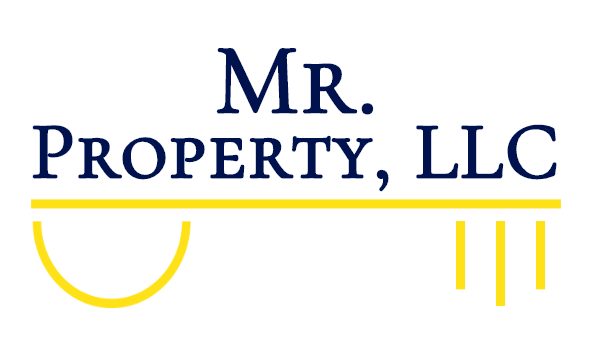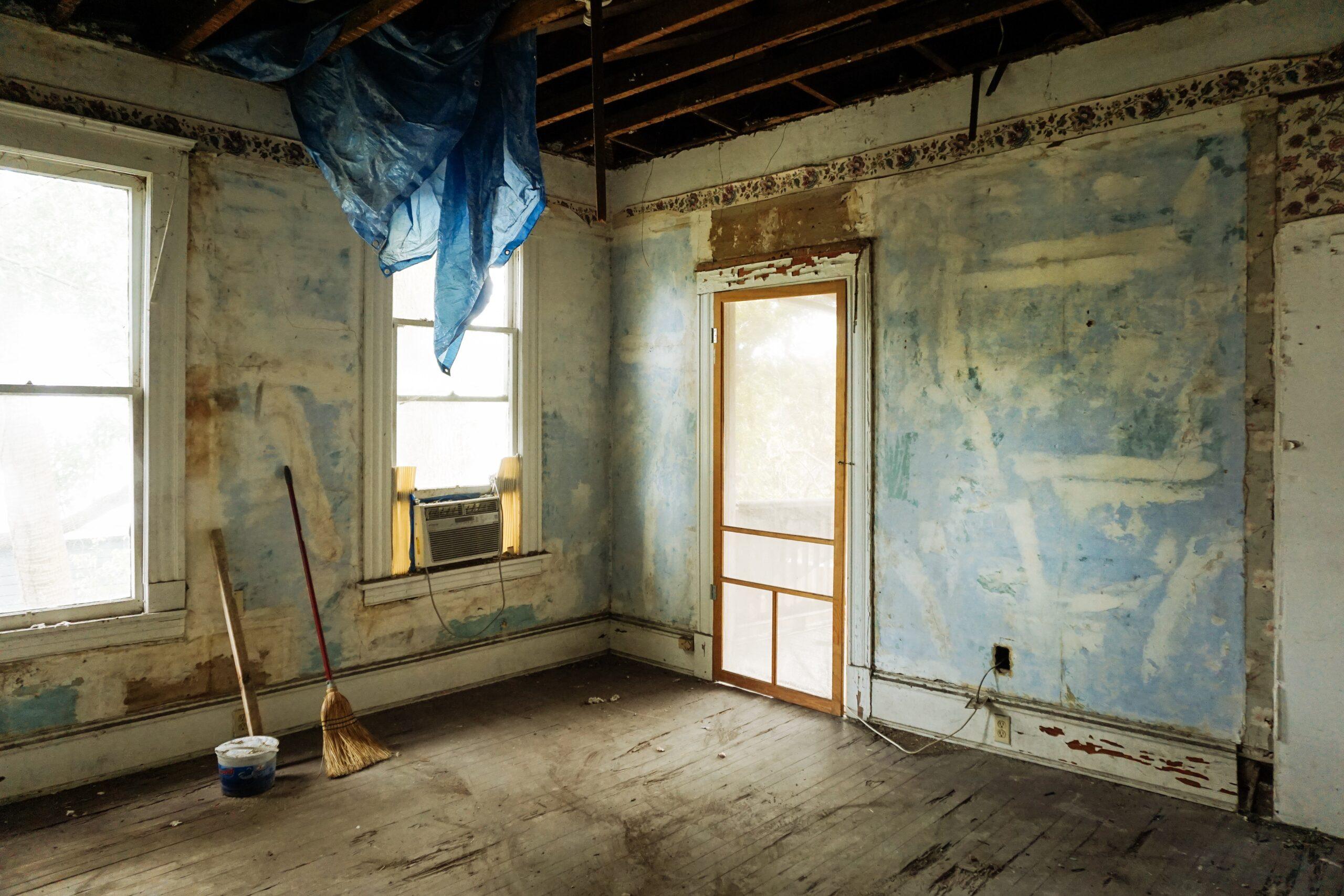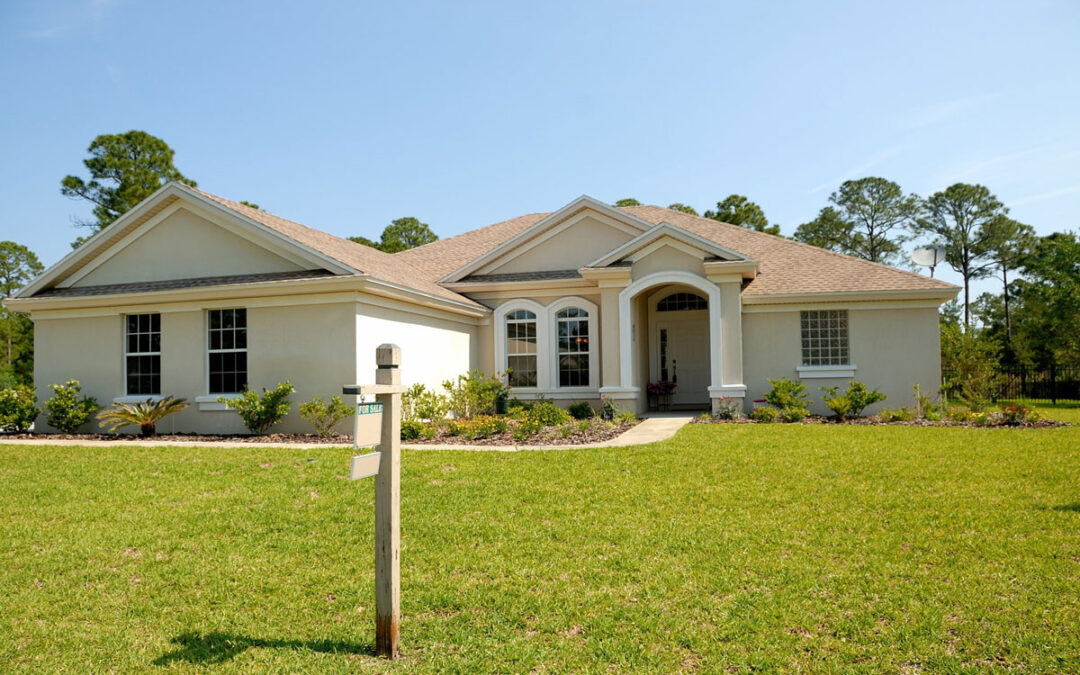As a new company, expansion into real estate investing can prove to be a double-edged sword. On one end it can be a rewarding and profitable venture, while on the other it can become a financial burden that’s hard to recover from. With so many properties available for sale that have different aesthetics and amount of work to make sellable or livable it’s necessary to perform due diligence in deciding what types of properties and commitments you’re willing to make.
The common types of real estate investment properties include: Commercial, Residential, Industrial, Retail, and Raw Land. Commercial properties are generally considered to be office buildings or small warehouses, seperate from Industrial properties which would include much larger warehouse depots and storage facilities. For companies looking to target small business owners research into commercial properties could prove a great asset while those looking to target much larger vendors may consider industrial properties to fit the needs of their large-scale machines or storage. Retail properties are focused on store fronts and shopping or strip malls. These types of properties can become less hands on as companies funnel money to maintain their own brand and look within your property, leaving you to be more concerned with location and advertising rather than managing the individual aspects or designs of the store. If your company is looking for more of a “get it and forget it†strategy, this could prove a great type of investment to make given good traffic to the location. As a property management company the types of real estate properties we will most likely look into are residential and raw land. Residential properties are liveable locations to rent or sell and include family homes, apartments, condos, and all other types of living situations. With emphasis on renting or selling livable spaces, this type falls perfectly in line with the goals of a property manager or investors looking to utilize one. Owning a home and renting can also be a much more profitable venture than sharing profits in other investors homes, helping to add more substantial revenue streams to the company. Raw Land is simply investing in land with no property, giving the owner freedom to build anything that sits within housing regulations for that plot of land. This type of purchase would require much more future planning and long term dedication to properly utilize the purchase. It’s also unique in the fact that surrounding businesses or homes can pay to lay down utility services, like plumbing or electrical wires, through the land while also gaining value year over year as the price of land increases. These types of attributes attest to this type of investment being great for those looking for long-term investments. Deciding which type of property best fits the needs of your company will be vital to growing around a central goal and not expanding too quickly to other areas of interest before you’re financially prepared as all property investments come with risk.
As you begin purchasing keep in mind that investments can have both financial, commitment, or regulation issues. Financial risks can include issues with the property depreciating in value due to economic hardships, spending to much on restoration as housing projects or improvements begin to outweigh potential gains on the property, running out of savings paying for the property itself as you try and turn the site profitable, or even becoming “frozen†financially as your investments become hung up in one property. Most of these payments will also include time you spend managing these ordeals and coming up with solutions to fix these problems, so your own time commitment could become an issue while you’re already invested if you’re not fully prepared. The last type of risk comes with city or state regulations. If you plan to build a certain type of property or take over and redesign a certain building you’ll have to go through the process of finding out what and what isn’t allowed to stand there. Not doing your research prior to purchasing could leave you with a property and no legal plan of action to proceed, again financially freezing that portion of your funds as it’s tried to be turned profitable. To avoid these types of risk doing proper research and having a solid plan of action will be necessary before proceeding with any potential real estate purchases.
Although many risks are associated with any type of real estate investment it can still be worthwhile and lucrative if done properly. Deciding on what type of real estate best fits the goals of the company while also weighing the potential pros and cons of that site will ensure you have the best potential for return on any type of property investment.





0 Comments